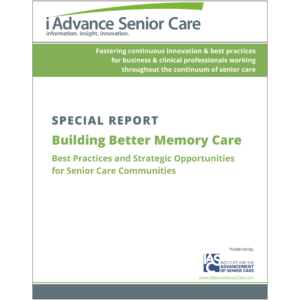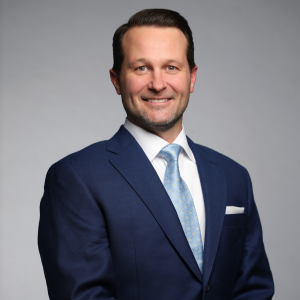Results of ‘Coaching Approach’ project show improved jobs, care
In 2006, PHI launched the Center for Coaching Supervision and Leadership. Funded by the John A. Hartford Foundation and the Atlantic Philanthropies, the Center created a learning collaborative among 31 providers in 14 states who adopted our “coaching approach” to leadership and supervision. Of those organizations, 11 were selected to participate in a comprehensive training, consultation and evaluation process supported by PHI specialists.
The four-year program focused on training executive leaders and supervisors of direct-care staff in the PHI Coaching Approach—a set of communication and problem-solving skills with the goal of fostering staff teams and organizations capable of delivering quality, person-centered care. These skills include: active listening; self-management and self-reflection; clear, nonjudgmental communication; collaborative problem solving; and participative leadership.
During the four years of the project, PHI facilitated the training of 98 new Coaching Supervision trainers who in turn facilitated trainings of 2,000 supervisors within their own workplaces. Combined, these supervisors supported 3,000 additional staff—including direct-care workers—in growing their critical thinking and problem-solving skills.
The Center for Coaching Supervision and Leadership, which wrapped up at the end of 2010, included a formal evaluation of the 11 organizations that received intensive support. A recent summary report of the findings yielded some important quantitative and qualitative outcomes for employers, employees and residents and clients of the nursing homes and home care agencies that participated. Some of those findings included:
● Trained supervisors retain the lessons of Coaching Supervision. One year following their training, more than three-fourths (77 percent) of supervisors reported they “often” or “always” used the communication skills they were taught.
● Job satisfaction increased. Direct-care workers surveyed identified that their supervisors treated them with greater respect and fairness following the intervention and showed significant improvements in job satisfaction.
● Managers spend less time solving daily problems. Coach supervisors engage employees in solving daily operational problems themselves. Moving problem solving into the hands of those closest to the issue resulted in a total of 75 hours saved per week among a cohort of supervisors.
● Care quality improved. Downward trends in fall prevalence, urinary tract infections, pressure ulcers and other quality indicators were recorded.
Click here for more details on the PHI Coaching Approach, as well as the full summary report of the evaluation (PDF format).
Susan Misiorski is director of training and organizational development services for PHI. A culture change leader, Susan is also a member of the board of directors, and a former president, of the Pioneer Network.
The opinions expressed in this blog are those of the author and do not necessarily reflect the views of Long-Term Living.
I Advance Senior Care is the industry-leading source for practical, in-depth, business-building, and resident care information for owners, executives, administrators, and directors of nursing at assisted living communities, skilled nursing facilities, post-acute facilities, and continuing care retirement communities. The I Advance Senior Care editorial team and industry experts provide market analysis, strategic direction, policy commentary, clinical best-practices, business management, and technology breakthroughs.
I Advance Senior Care is part of the Institute for the Advancement of Senior Care and published by Plain-English Health Care.
Related Articles
Topics: Facility management , Staffing











